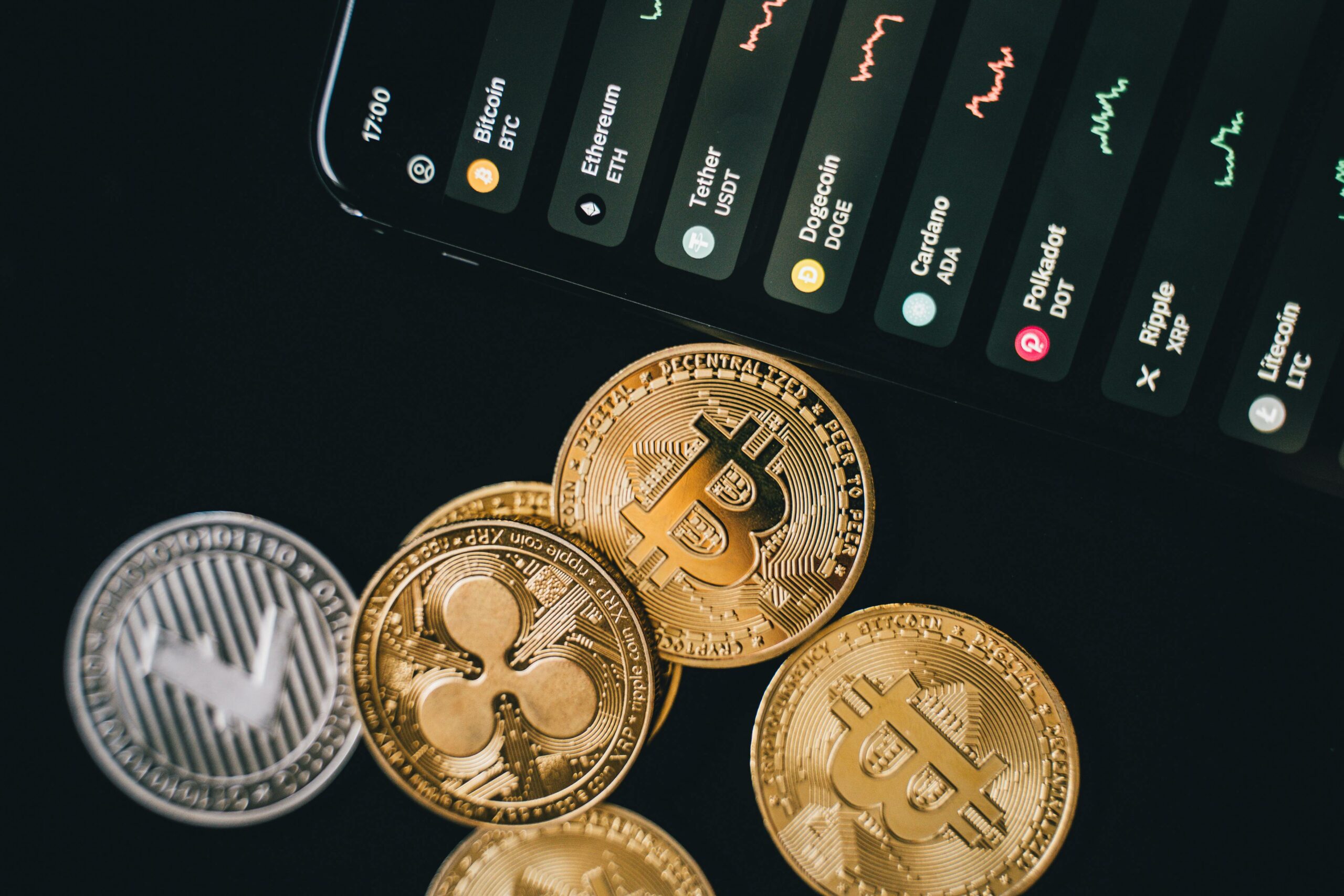Crypto Wallets 101, Your Digital Key to the Blockchain
Most people first hear about crypto through coins or trading, but the real foundation of the blockchain world is the wallet. It’s not just an app that holds tokens, it’s your access point to the entire decentralized economy.
Most people first hear about crypto through coins or trading, but the real foundation of the blockchain world is the wallet. It’s not just an app that holds tokens, it’s your access point to the entire decentralized economy.
If you’ve ever wondered what a crypto wallet actually is, how it works, and why it’s different from exchanges, here’s your complete guide.
What Is a Crypto Wallet?
A crypto wallet is a digital tool that stores your private keys, the codes that let you access and control your blockchain assets [coins/ tokens] .
It doesn’t “hold” coins the way a bank account holds money. Instead, it connects you to the blockchain where your assets live. Think of it as a digital keychain, your ownership lives on the blockchain, and the wallet simply unlocks it for you.
How Crypto Wallets Work (Simple Steps)
-
Step 1, Generate a key pair: When you create a wallet, it produces a public key (like your account number) and a private key (your secret password).
-
Step 2, Store the private key safely: Whoever holds this key controls the funds.
-
Step 3, Sign transactions: When you send crypto, your wallet uses the private key to “sign” the transaction, confirming it’s you.
-
Step 4, Broadcast to the blockchain: The transaction is verified and added to the network.
That’s it. No bank approvals, no waiting. The wallet and blockchain handle everything automatically.
Types of Crypto Wallets
-
Hot wallets: Connected to the internet, convenient but more vulnerable (mobile, desktop, web).
-
Cold wallets: Offline and secure, ideal for long-term storage (hardware or paper).
-
Custodial wallets: Managed by a third party like an exchange. You don’t control the private keys.
-
Non-custodial wallets: You own the keys, you control the funds.
Wallets vs Exchanges
A common misconception is thinking wallets and exchanges are the same. They’re not.
-
Exchanges are like marketplaces, you buy, sell, and trade crypto.
-
Wallets are like safes, you store and secure your assets.
When you keep your crypto on an exchange, the exchange actually holds the private keys, meaning you don’t truly “own” your coins. A self-custody wallet puts that control back in your hands.
Why Wallets Matter
-
Ownership: True control over your assets.
-
Access: Connects you to DeFi apps, NFTs, and Web3 services.
-
Security: Reduces counterparty risk from centralized platforms.
-
Freedom: Send or receive funds globally without permissions or middlemen.
The Takeaway
Crypto wallets are more than storage tools, they’re the gateway to the blockchain world. Understanding how they work is the first step toward real digital ownership.
Whether you’re exploring DeFi, NFTs, or simply holding crypto safely, your wallet is your passport to this new financial system.
👉 Ready to explore how wallets fit into your business or project?
Contact [email protected] or call (+356) 27 368 513, and let’s build secure access to the blockchain future together.

